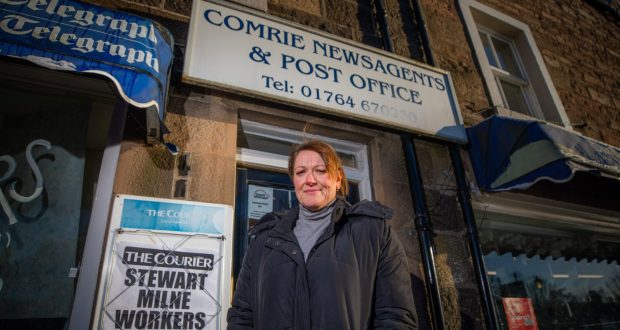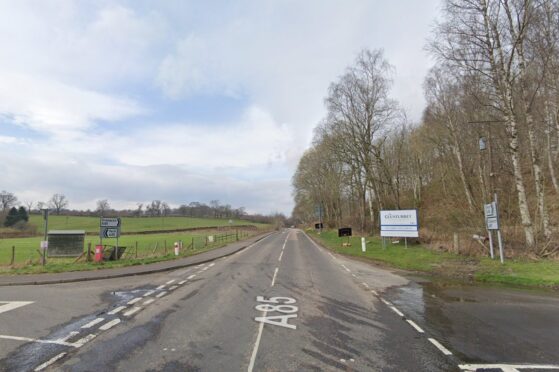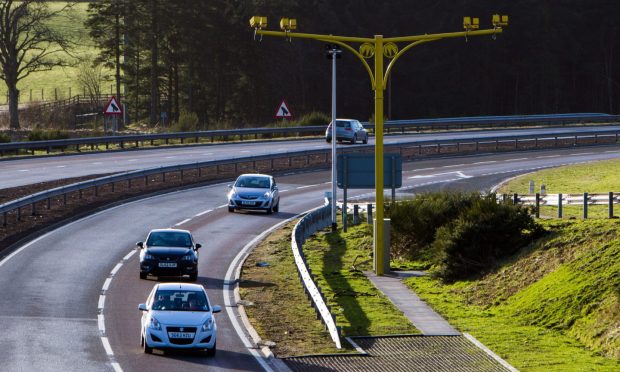Home Secretary Amber Rudd is under growing pressure to explain how Brexit could impact on Perthshire’s “vital” berry industry.
The MP has been asked for assurances that EU workers – who provide nearly all of the UK’s seasonal workforce on soft fruit farms – will continue to have the right to travel to, and work in, Britain after Brexit.
The SNP’s Perthshire North MSP John Swinney and North Perthshire MP Pete Wishart have written to Ms Rudd, pointing out that the soft fruit sector – which has been described as crucial to the local economy – will need more than 31,000 seasonal workers by 2020.
Recent stats showed that Tayside had 70% of the land used for orchard and soft fruit in Scotland.
The industry is worth about £115 million a year, but farmers have expressed grave concerns about the availability of labour for seasonal berry picking and other work.
Mr Swinney said local farmers raised their worries to him at a recent NFU Scotland event. “The rights of workers from the UK, post-Brexit, is clearly a very pressing concern and one that cannot continue to be ignored by the Home Office and the UK Government.
“The farmers that I have spoken to are calling out for clarity. The Tory government is failing this vital sector of Scotland’s economy by their refusal to communicate on this matter and by their apparent inability to come up with a workable plan.
“I hope that the Home Secretary will provide answers in the very near future.”
Mr Wishart, who visited local farms to discuss the issue, added: “I am disappointed not to have yet received a response to our genuine concerns regarding such a vital sector in the constituency.
“The UK Government need to stop burying their head in the sand over Brexit and start giving businesses the clarity they need to be able to plan for the future.”
He added: “The soft fruit sector in particular requires a lot of forward planning in terms of crop planting and the organisation of staff to pick the fruit. We cannot have a situation where farmers have fruit withering in the fields post Brexit.”
A UK Government spokesman said: “The government places great value on the UK’s food and farming industries, both as a crucial component of the UK economy and of the fabric of rural Britain.
“Until we have left the EU, the UK will remain a member with all of the rights and obligations that membership entails, and employers in the agricultural and food processing sectors are free to continue to recruit EU workers to meet their labour needs.
“We are determined to get the best deal for the UK in our negotiations to leave the EU, not least for our world-leading food and farming industry which is a key part of our nation’s economic success.”










